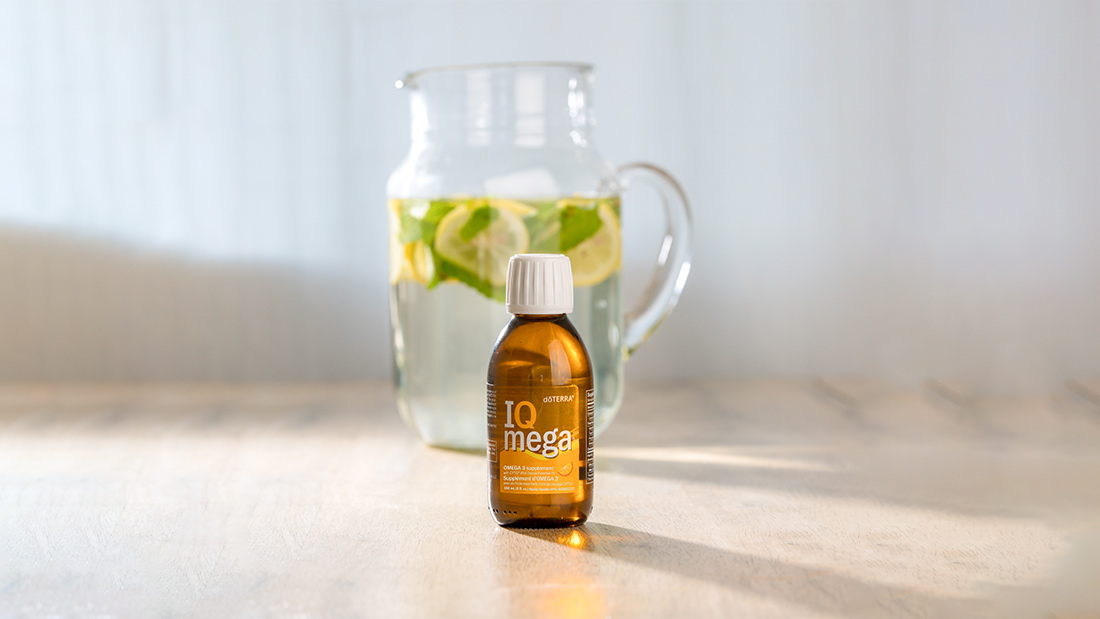Origin: a Latin derivative
meaning "Gift of the Earth."
Balancing Your Essential Fatty Acids

Essential Fatty Acids are nutrients required for many key functions in the human body! While some fatty acids can be produced inside the body, our bodies cannot produce essential fatty acids. This means that we need to rely on the food we eat for these critical nutrients!
Modern science suggests that these supplemental nutrients should include omega-6 and omega-3 fatty acids in a 1:1 ratio. Unfortunately, due to the abundance of omega-6 fatty acids in vegetable oils and increasing consumption of fried and fatty foods, the Western diet can include omega-6 fatty acids in a ratio as high as 15:1—a scary data point when considering one’s overall health and wellness. While these omega-6 fatty acids are essential, disproportionate consumption of these nutrients can foster major health problems, particularly in the absence or low-intake of omega-3 fatty acids.
Studies have shown that increasing omega-3 fatty acid consumption has a positive impact on overall health. Included in omega-3 is the essential nutrients DHA and EPA, two incredibly important molecules in the body. Restoring the balance of omega-3 to omega-6 fatty acids is an important step in keeping your body healthy. This can be done by making a conscious effort to do two main things: assess personal consumption of omega-6 fatty acids and omega-3 fatty acids.
Omega-6 Fatty Acids
First, take a look at your intake of unhealthy foods high in omega-6 fatty acids and replace them with healthier sources of this important nutrient.
Some unhealthy sources of omega-6 fatty acids:
- Potato and corn chips
- Fast foods
- Canned frostings
- Highly-processed peanut butters
Great, healthy sources of omega-6 fatty acids:
- Walnuts, almonds, cashews
- Tofu
- Hemp and sunflower seeds
- Naturally sourced peanut butters
- Avocado oil
- Eggs
Omega-3 Fatty Acids
Next, find ways to increase your intake of foods that are rich in omega-3 fatty acids. This is particularly important to make sure your diet comes as close to the 1:1 omega-6 and omega-3 ratio as possible.
Great, healthy sources of omega-3 fatty acids:
- Mackerel, salmon, herring, sardines, anchovies, and oysters
- Flax and chia seeds
- Soybeans
- Walnuts
Supplementation:
Growing concerns over toxins and heavy metals present in many of the world’s oceans make daily fish consumption unacceptable to some consumers. Fortunately, there are alternative options in addition to seeds and nuts (amazing staples to a healthy diet). One serving of IQ Mega provides 1,300 g of micro-filtered marine lipids with 900 mg of DHA and 400 mg of EPA omega-3 essential fatty acids, all carefully tested to ensure their safety.
A healthy diet is a key to a healthy life. However you choose to go about it, understand that balancing nutrients is just as important as selecting which nutrients.



